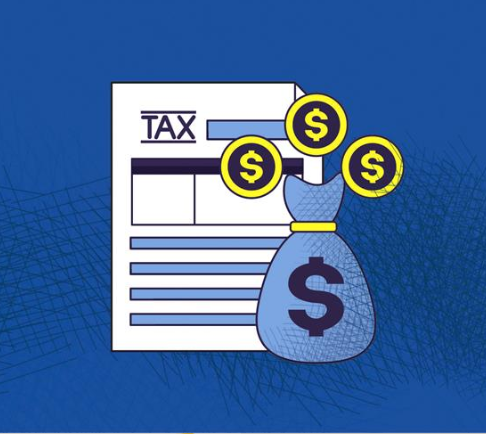Summary
- The chief executives of 18 companies have written to Chancellor Rishi Sunak and asked him to levy 1 per cent sales tax on all online retailers.
- The retailers have not paid property-based business rates since the pandemic started.
Tesco PLC (LON: TSCO), the largest retailer in the UK, has urged the Chancellor Rishi Sunak to impose a 1 per cent sales tax on online retail businesses such as Amazon and others, in a bid to ease their tax burden. A group of 18 companies has signed a petition asking for a permanent reduction in business rates after the temporary relief that is currently in place will come to an end in April.
The signatories, include Morrisons, (WM) Supermarkets PLC (LON:MRW), Asda, Waterstones, shopworkers’ union Usdaw, Hammerson PLC (LON: HMSO), Kingfisher PLC (LON: KGF), and Pets at Home, who have also warned the government about job losses in the retail sector due to the pandemic.

Copyright © 2020 Kalkine Media Pty Ltd.
The letter also stated that not all the retailers were able to operate during the pandemic, and many of them have been witnessing huge dip in footfalls. Reduction in business rates for retailers and re-balancing the tax system will provide a sense of security to the retailers in general that the online retailers are paying their fair share of taxes. These steps would be revenue neutral and will help in providing a boost to bricks-and-mortar retailers.
Why the online sales tax
Ken Murphy, the chief executive officer at Tesco, has asked Sunak for a level-playing field on the taxation front and proposed a 1 per cent online sales tax to help high-street stores that have been forced to shut down due the pandemic.
The online retailers have benefitted during the pandemic when people were confined in their houses. The retailers argue that their sales have gone north evidently and they don’t even have to pay property taxes. The retailers with large estates feel that the current tax system is posing a disadvantage to them as compared to the online firms, since many of them operate virtually over the internet.
Since the pandemic struck, the retailers have been exempted from paying property-based business rates. However, the tax exemption is set to expire by the end of March. The Centre for Retail Research (CRR) has mentioned that the high street retailers were paying around 2.3 per cent of their annual sales in business rates before the crisis started.
Major online retailers such as Amazon and others could be hit if a new online sales tax is introduced. Sources said that the UK government is considering levying a 2 per cent online sales tax on e-commerce sellers to provide support to the struggling high-street retailers. This would mean an additional 2 per cent tax on online retailers based on turnover apart from an ongoing 2 per cent Digital Services Tax launched in April 2020.
Related Read: Tesco PLC (LON:TSCO) To Repay £585 Million To the Government
Changes expected
Many experts and companies have suggested to rebalance the taxation system for retailers ahead of the budget. Sunak will be tabling the annual budget on 3 March which is expected to extend the furlough and business rates holiday. However, the introduction of the new tax system remains uncertain.
Interesting Read: Global tech tax: EU officials join US counterparts for early rollout
The UK Treasury is considering ways to tap the booming online trade, which has caught speed since the crisis began in March 2020. The government is also looking forward to levying a tax on online food delivery platforms and online supermarkets that have prospered.
Online clothes retailer ASOS and food delivery companies such as Deliveroo have also seen a spike in their profits during the various lockdowns in past one year. As per reports, tech firms and retailers were summoned by the Treasury officials to discuss how an online sales tax framework can be implemented.
How Amazon benefitted
Amazon has reported a 51 per cent rise in sales in the UK, which is approximately £20 billion in 2020 due to the restrictions and lockdowns. Despite soaring profits, the e-commerce firm managed to have a low tax-turnover ratio of 0.37 per cent in 2020. On the other hand, while Amazon declined to comment on the online sales tax reports, it insisted that it contributed in creating thousands of new jobs in the country.





